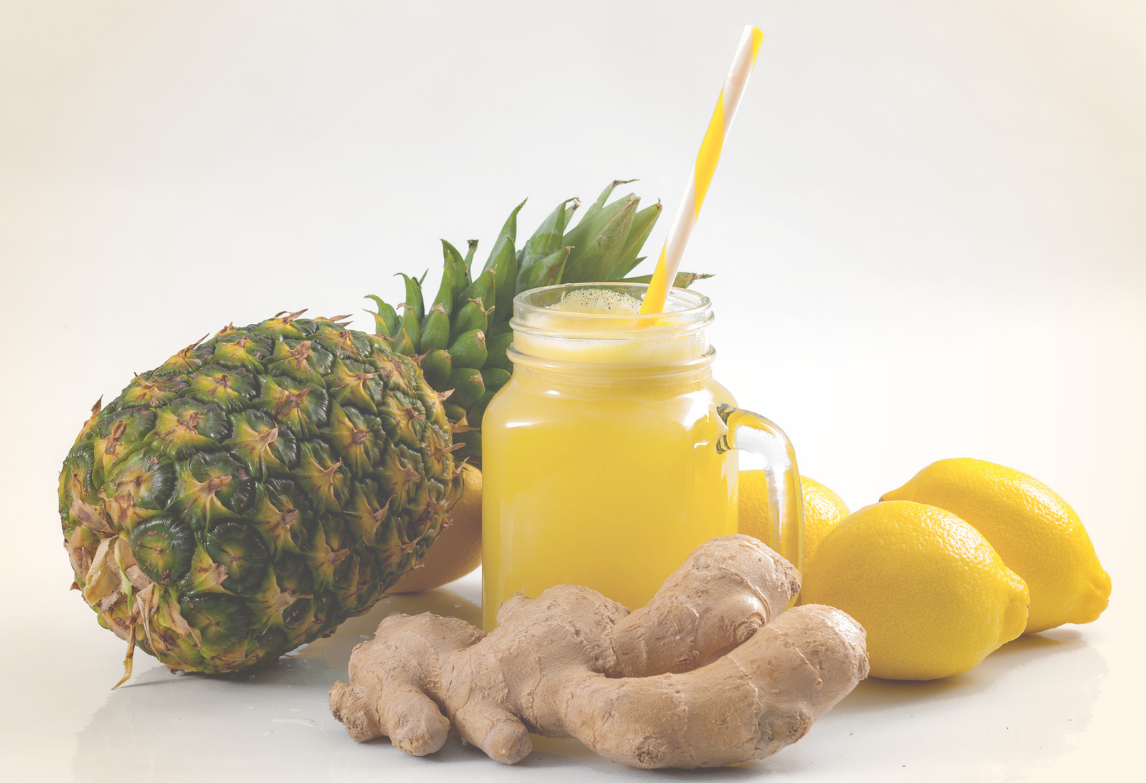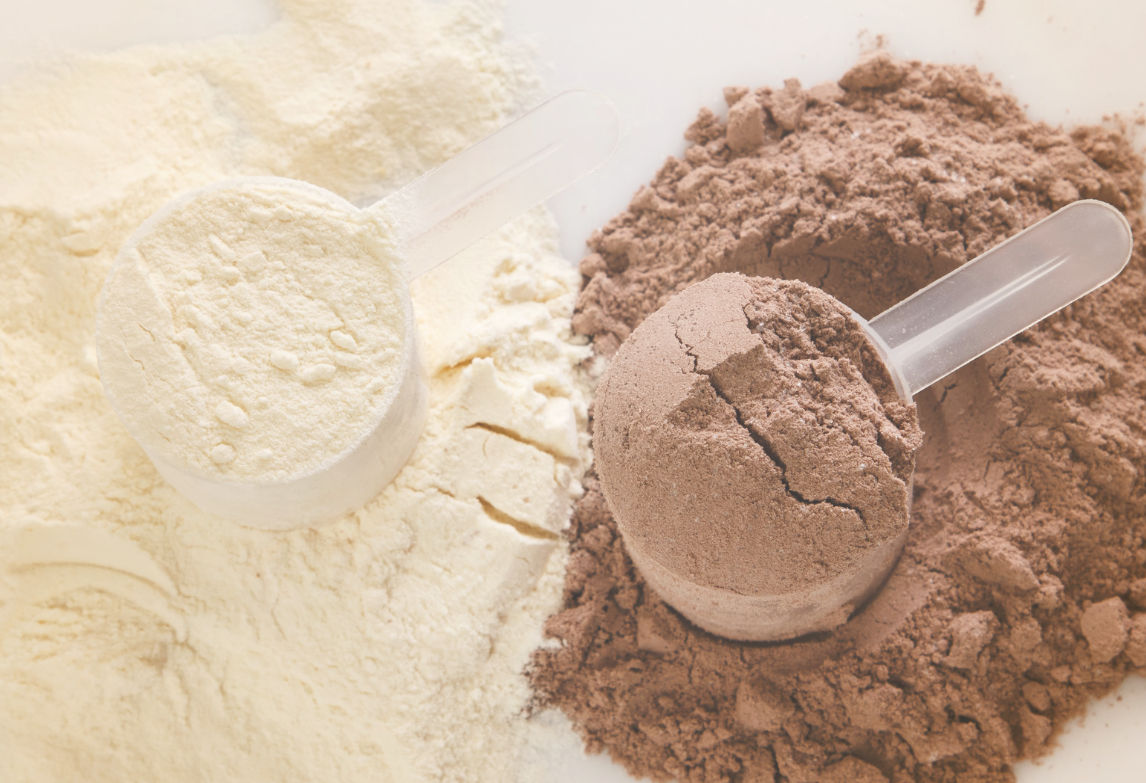The Importance of Protein
Protein is generally hailed as one of the “building blocks” of the human body, being an essential component in many bodily structures as well as bodily processes. However, like every other type of nutrient, our ability to utilise it depends on our ability to extract it from our diet or other sources.
The primary ways that our bodies extract nutrients from our diet is through enzymes, and in protein’s case, the primary enzymes that get the job done are proteases, also known as peptidases and proteinases. Notably, both plants and animals rely on proteases for daily function, and this fact may be highly relevant for your health, as we will explain (1).
The Role of Protease
Compared to lipase and amylase, which break down fats and carbohydrates, respectively, the protease family has more extensive roles. Yes, protease helps break down proteins in foods into amino acids, which the body can then use for energy. This mirrors its counterparts. But where proteases stand apart is the fact that they also play a number of other roles in essential processes, such as:
- Blood clotting
- Cell division
- Recycling of proteins
- Immune support (2)
In some cases, enzymes are directly responsible for activating these processes, and in other cases, they speed them up to the point where they have a notable effect. Studies are also showing that the presence of additional protease may have some potential health benefits. Here are some standout findings:
Muscle soreness: Athletes consider protein to be a major part of their health regimen, and protease may factor in as well. In one study, a protease enzyme blend reduced muscle tenderness and soreness post-workout over a placebo (4).
Wound healing: One small study showed that swelling and discomfort sensations were reduced in post-dental surgery patients after taking the protease enzyme serrapeptase (5).

Supporting Your Protease
So now that we know all that proteases can do, where can you get them from? As mentioned earlier, both plants and animals have proteases, and in some cases, incorporating those plant enzymes is a great option. Plant enzymes are found in a number of fruits including papayas, pineapple, ginger, asparagus, kiwifruit and kimchi.
However, incorporating plant enzymes for protein digestion alongside enzymes for the digestion of fats, carbohydrates and lactose can be a simple and easy method to support our digestive capability. Digest Premium, for example, uses protease in a digestive formula that helps with nutrient absorption while also supporting the digestion of the other macronutrients. Overall, increasing the levels of enzymes can support the optimal extraction of nutrients from our diet, leading to greater nutritional bioavailability for our overall health and wellbeing.
References
- Hartl M, Giri AP, Kaur H, Baldwin IT. The multiple functions of plant serine protease inhibitors: defense against herbivores and beyond. Plant Signal Behav. 2011;6(7):1009-11.
- Mótyán JA, Tóth F, Tőzsér J. Research applications of proteolytic enzymes in molecular biology. Biomolecules. 2013;3(4):923-42.
- C. Ciacci, F. Franceschi, F. Purchiaroni, P. Capone, F. Buccelletti, P. Iacomini, A. Ranaudo, P. Andreozzi, P. Tondi, N. Gentiloni Silveri, A. Gasbarrini, G. Gasbarrini. Effect of beta-Glucan, Inositol and digestive enzymes in GI symptoms of patients with IBS. Eur Rev Med Pharmacol Sci 2011; 15 (6): 637-643
- Udani JK, Singh BB, Singh VJ, Sandoval E. BounceBack capsules for reduction of DOMS after eccentric exercise: a randomized, double-blind, placebo-controlled, crossover pilot study. J Int Soc Sports Nutr. 2009;6:14.
- Al-khateeb TH, Nusair Y. Effect of the proteolytic enzyme serrapeptase on swelling, pain and trismus after surgical extraction of mandibular third molars. Int J Oral Maxillofac Surg. 2008;37(3):264-8.
BY ENZYMEDICA
Enzymedica is a Florida based company that offers the highest-quality enzyme products possible. Today, as one of the global leaders in the industry, Enzymedica strives to ensure that their products are clean, sustainable and highly effective. Find out more about Enzymedica.







Leave a Reply
Want to join the discussion?Feel free to contribute!